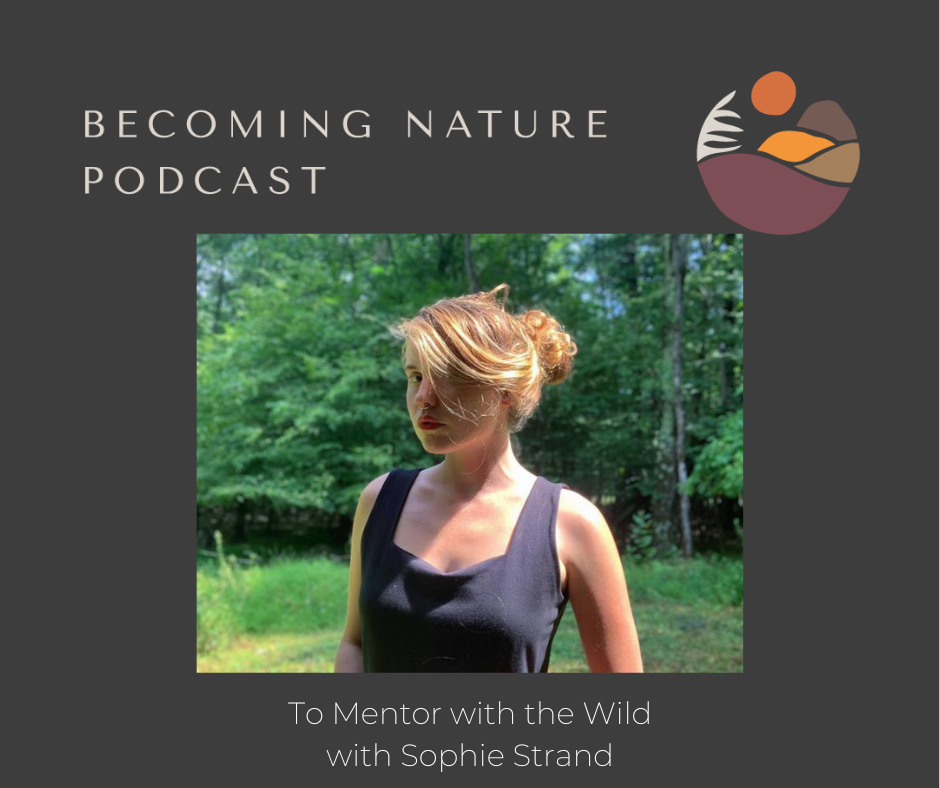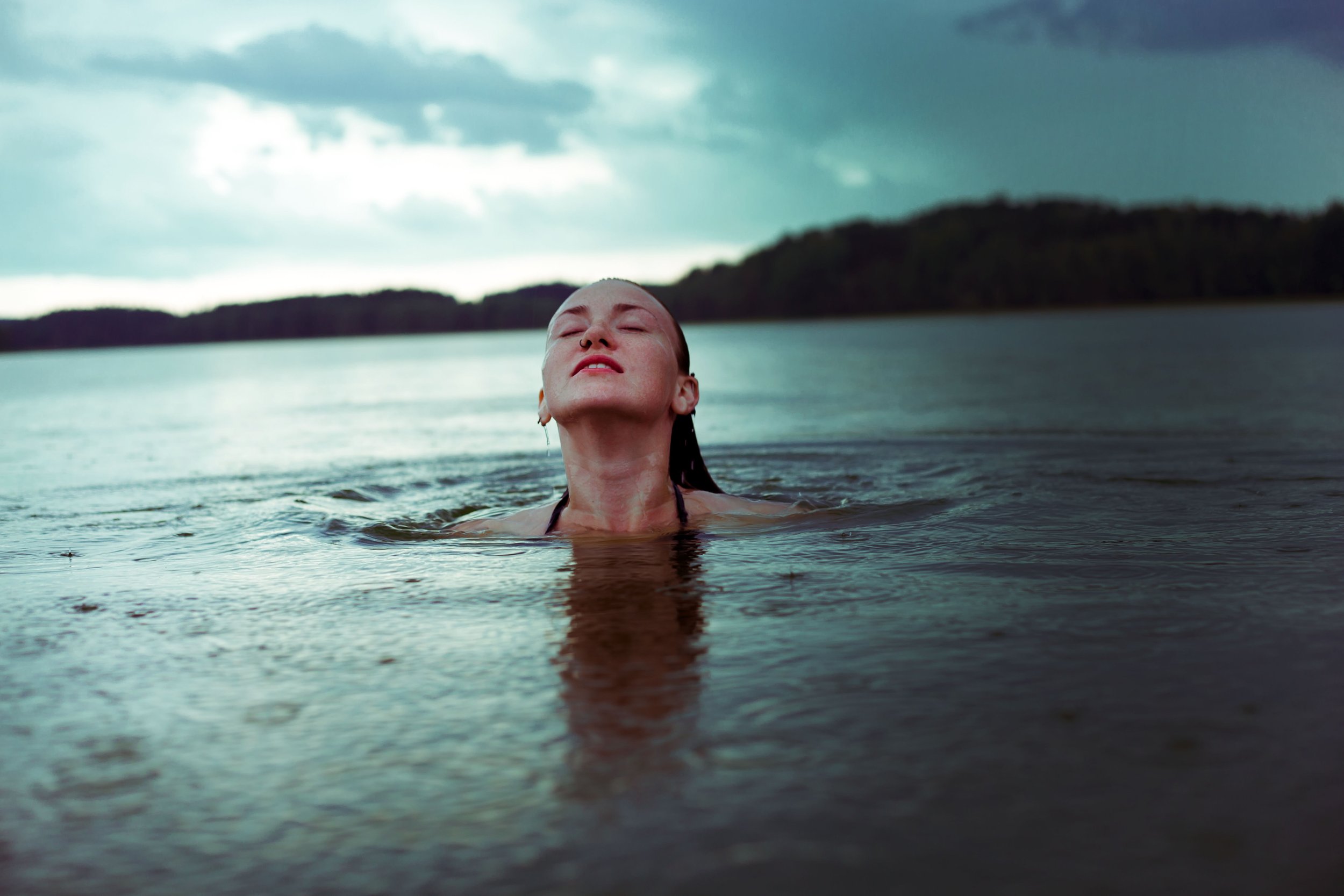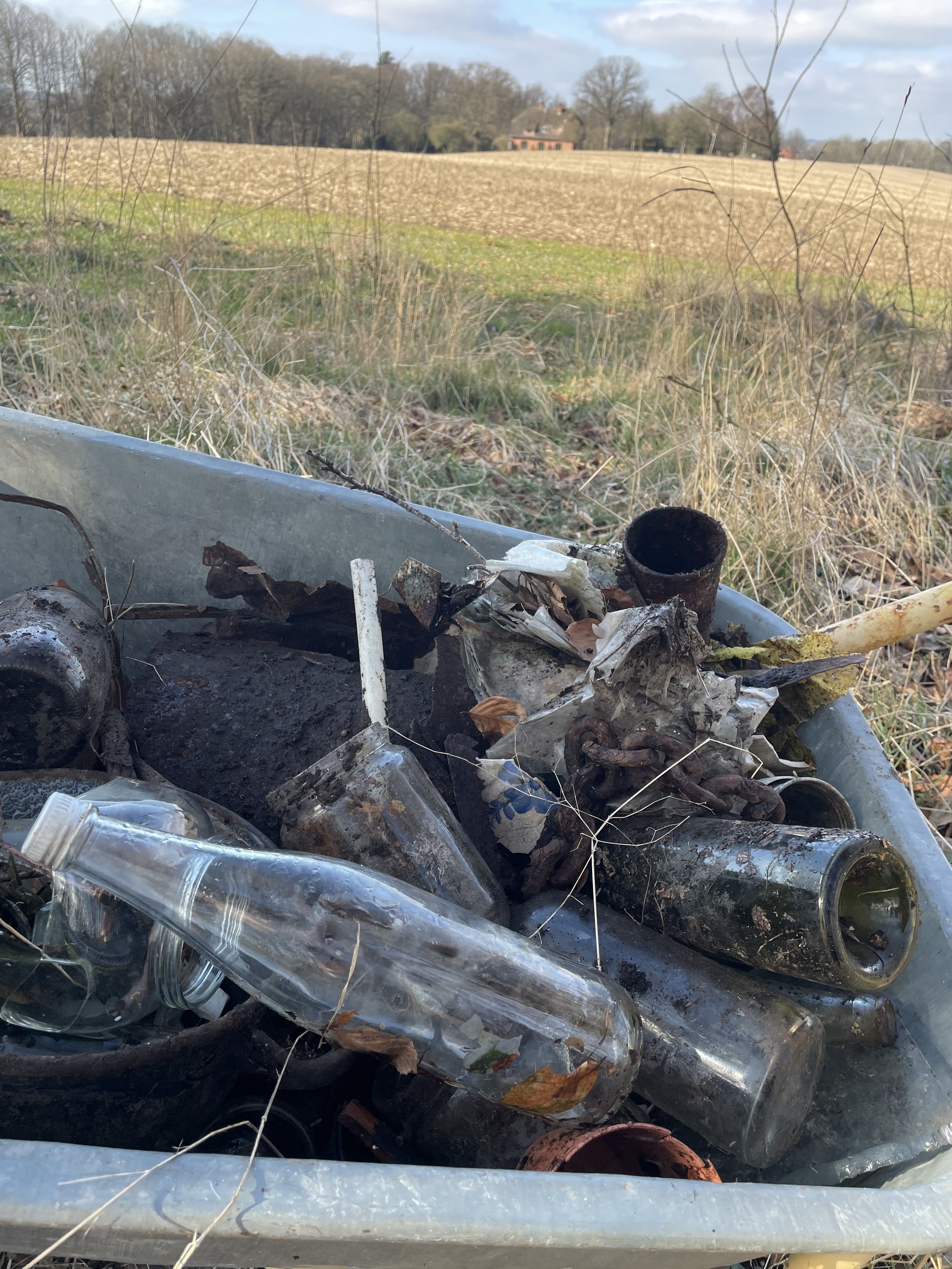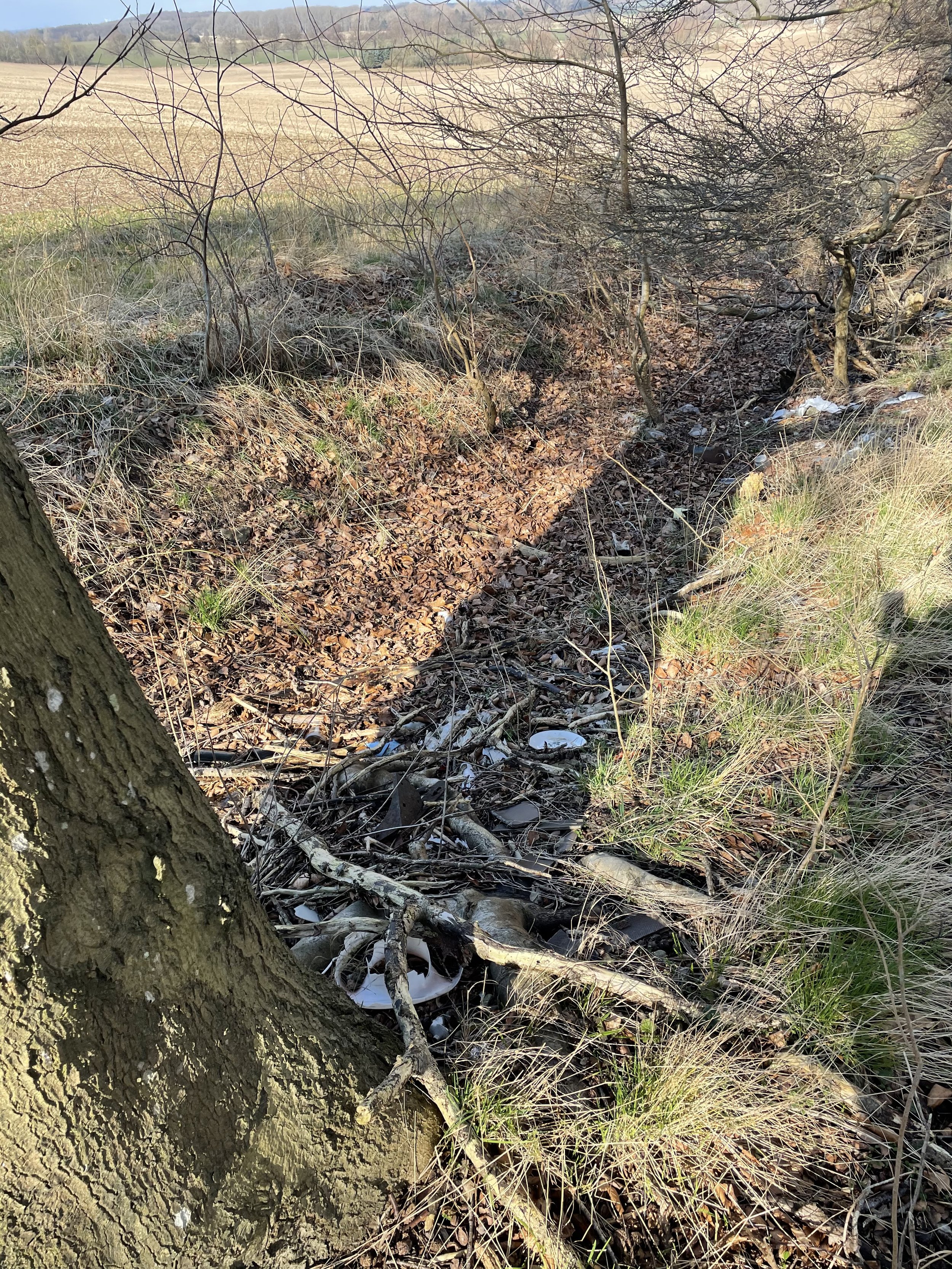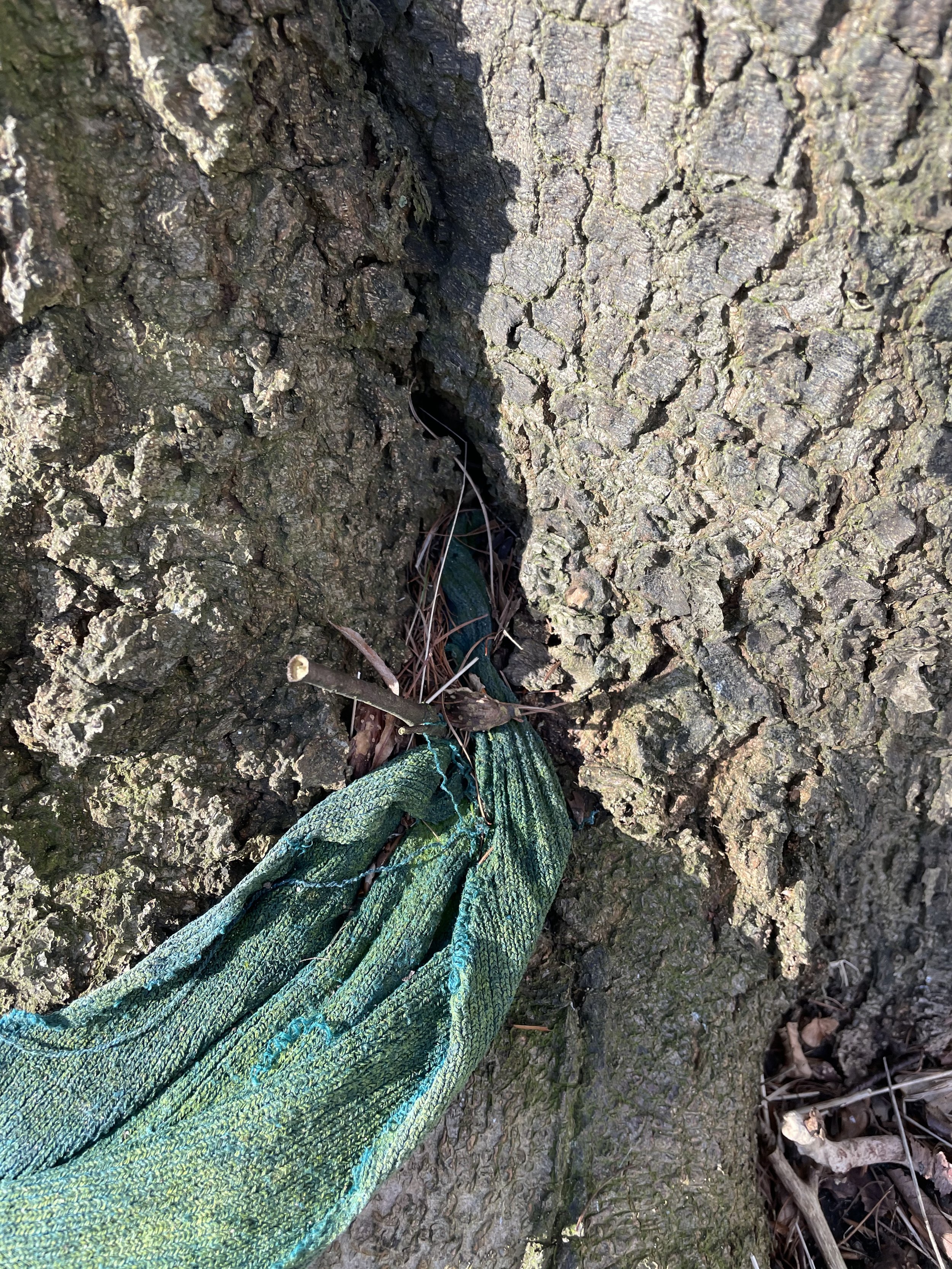This episode is the second of our podcast special, in a collaboration special with the Center for Humans and Nature. It is series that celebrates the Center’s series ‘Elemental’ as well as a celebration of the many voices that contributed to the series. It is a great honor to finally shares these episodes with you.
Writers Lyanda Haupt and Hannah Close join me in a conversation about water. We go with the flow of it all, moving through thoughts on how water is essential for various life forms, emphasizing its role in sustaining ecosystems. Lyanda shares her story of the American dipper, a bird that thrives in aquatic environments. The dipper's health is directly linked to the quality of the water and the presence of salmon, which provide nourishment.
Hannah expands on this idea by discussing the concept of Eros, describing how water is a unifying force that connects all life. She states, "Without the ocean and without the unifying integrative force of Eros, there would be no life."
They both share insights into their work, which blends, poetry, creative non-fiction with scientific perspectives, emphasizing the importance of honor and wonder in connecting with the more-than-human world.
Tune in to discover the profound perspectives that emerge from their contributions to the Elementals volume and to hear how water shapes our understanding of nature and ourselves.
They both read from their work as well as share their perspectives on the importance of looking at the world through the lens of the elements.
“I love the ocean because it feels like the last uncolonized place on earth.”
Hannah Close is a writer, photographer, curator, and researcher. She is currently making a documentary called Islandness in the Anthropocene and completing an MA in Engaged Ecology at Schumacher College with a dissertation project exploring archipelagic poetics and relational metaphors.
Lyanda Fern Lynn Haupt is a writer and naturalist based in the Pacific Northwest. Her work explores the beautiful, complicated connections between humans and the wild, natural world. Lyanda is the award-winning author of several books, including Crow Planet, Mozart’s Starling, and Rooted: Life at the Crossroads of Science, Nature, and Spirit.
“Only a bird will wonder, all these birdly voices came to me from Emily’s poems.”
About the series
From the Center for Humans & Nature, Elementals is a new five-volume collection of essays, poetry, and stories that asks: What can the vital forces of Earth, Air, Water, and Fire teach us about being human in a more-than-human world?
Learn more about Elementals at www.humansandnature.org/elementals
Find out where to buy the books here






































